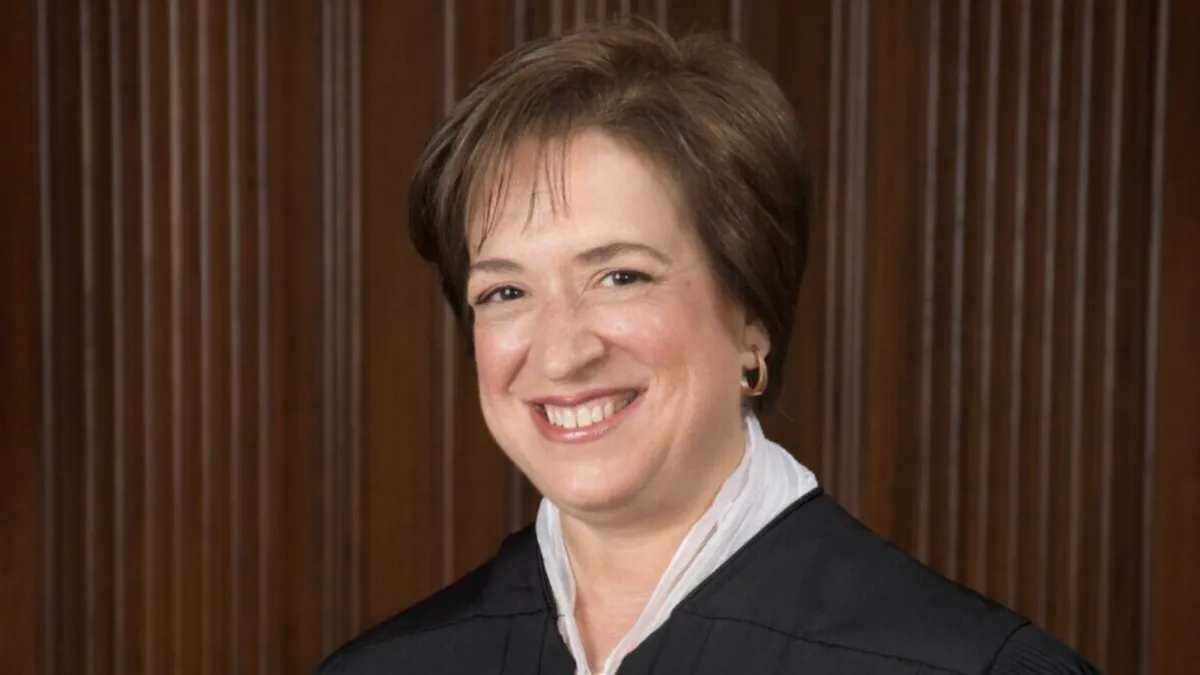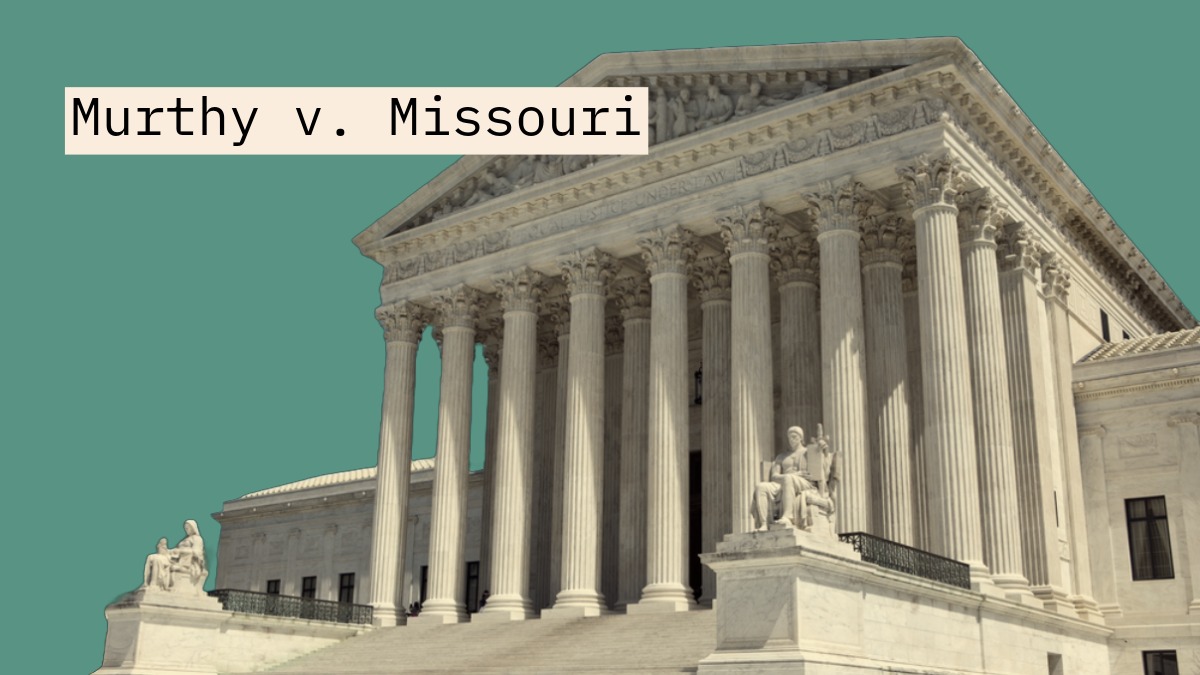The recent Supreme Court arguments in the Murthy v. Missouri censorship case have highlighted concerns about free speech and government overreach.
As the justices considered the unprecedented actions taken by government officials to pressure tech companies into censoring certain viewpoints, it became evident that the court was grappling with complex hypothetical scenarios that threatened to undermine free speech protections.
The actions taken by the attorneys general of Missouri and Louisiana, who sued the Biden administration over its coercive tactics towards tech companies, raised serious concerns about government interference in free expression.

Supreme Court Judge (Credits: The Federalist)
The government’s efforts to pressure tech companies into censoring speech deemed “false,” “misleading,” or “harmful” to society represented a troubling departure from the principles of free speech.
However, during the Supreme Court arguments, the focus shifted away from addressing these concerns and toward hypothetical scenarios that distracted from the core issue.
Justices appeared more preoccupied with theoretical situations, such as the government’s ability to criticize media outlets or restrict law enforcement from informing tech companies about harmful activities on their platforms.
The Louisiana solicitor general, Benjamin Aguiñaga, grappled with these absurd hypotheticals throughout the argument. Despite his efforts to address government coercion and censorship, the discussion veered off course into tangential matters.

Supreme Court Judgment (Credits: CBS News)
Justice Samuel Alito intervened at one point to redirect the focus back to the central argument. He rightly pointed out that the primary concern should be whether the government’s actions constituted coercion rather than getting bogged down in theoretical discussions about the scope of government criticism or hypothetical scenarios about law enforcement communication with tech companies.
The Supreme Court must remain focused on the fundamental principles of free speech and guard against government overreach. The outcome of the Murthy v. Missouri case will have far-reaching implications for the future of free expression in the digital age.
The court must prioritize protecting free speech rights and resist the temptation to entertain speculative hypotheticals that detract from the core issues at stake.
























